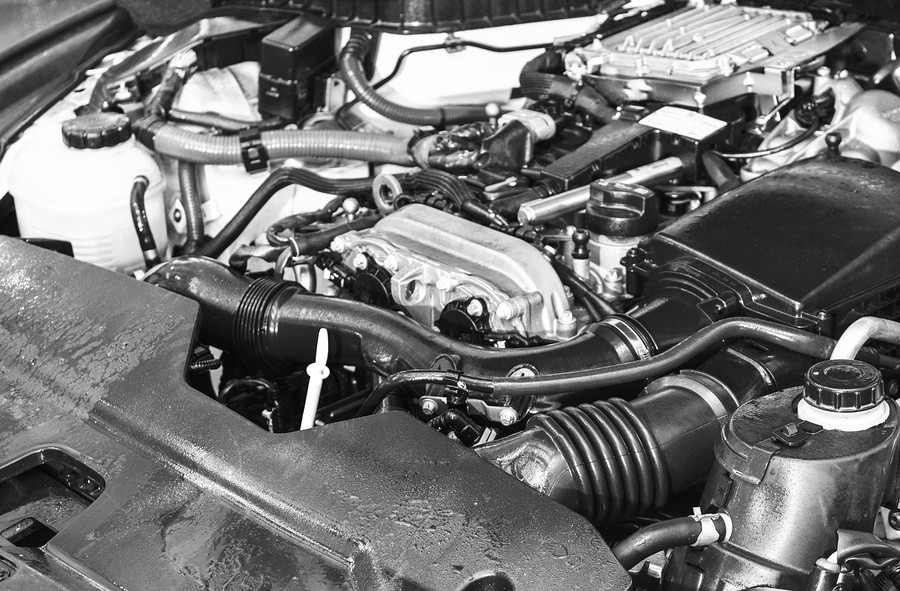You might think you know everything there is to know about your car, but a glance at this list of 10 engine problems signs will show that you don't.
If your car has any of these signs, it's best to have a mechanic check out the problem and fix it before it becomes more serious.
Common engine problems include fuel injectors not working properly, worn spark plugs or ignition components, weak compression in cylinders due to build-up on valves or pistons from oil leaks, or lack of lubrication.
This article provides you with the most common engine problems signs, plus what you can do to keep your car's engine in good shape.
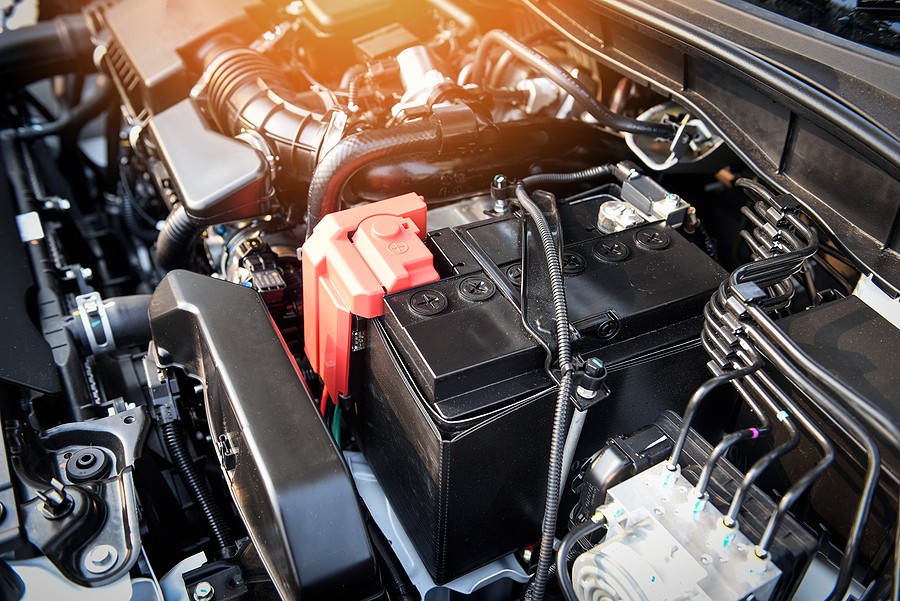
10 Engine Problems Signs to Check for Immediately
Your car's engine is like the heart of your car. It's constantly pumping and firing but can stop working for many reasons. If you notice any signs that indicate there may be problems with your engine, it's best to bring your car to a mechanic and ask for a diagnosis. Here are some engine problems signs to watch out for:
#1 Engine overheating
When you think about an engine, heat is usually the first thing you come up to mind. However, if your car's engine gets too hot, it can cause serious damage. One of the most frequent reasons for overheating comes from the cooling system. If you suspect that the engine in your car is overheating, turn on your heater to let out some of the heat and stop by a mechanic for an inspection.
Fix: When an engine overheats, the first thing a mechanic will do is check your cooling system for leaks and other problems.
Repair costs: $150 to $300
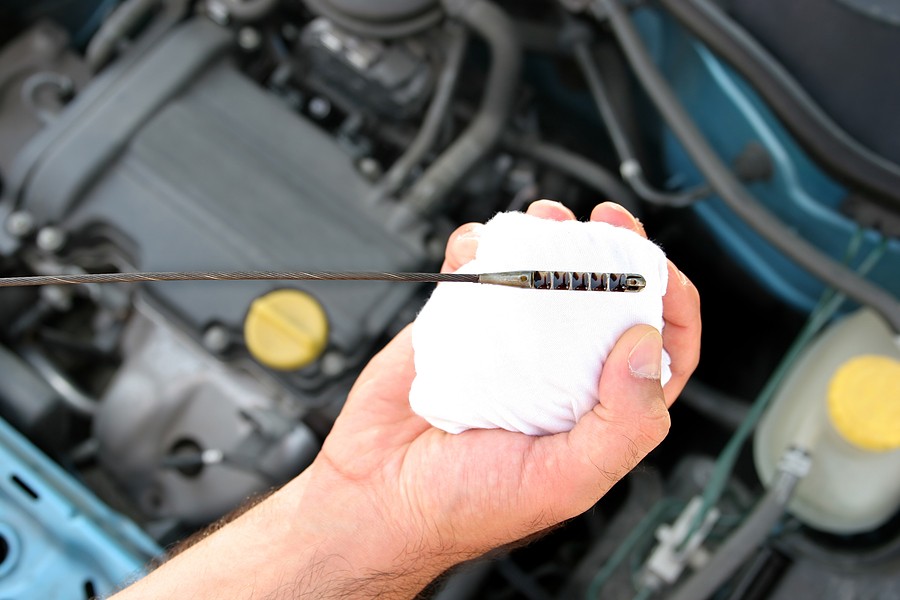
#2 Engine block or cylinder damage
Engine cylinders are the parts of your engine where the combustion occurs when serious damage to one or more of these cylinders can be very expensive to repair.
If you notice that something has punctured the block or cylinder on your car's engine, have a mechanic check it out as soon as possible.
Fix: A mechanic will pull the cylinder heads and inspect them for any problems most of the time. If there is a hole in one of the cylinders, parts may need to be replaced or welded to make the necessary repairs.
Repair costs: $1,500 to $3,000
#3 Leaking oil
The oil in your car's engine serves to keep it lubricated and protected. If your engine is leaking any fluid, it could lead to serious problems down the road. In addition, you should look for any leakage on or near the engine; if you see any rusty stains on the wet ground, that's a bad sign.
Fix: You should take your car to a mechanic right away to inspect the oil leak. Most of the time, it's not too difficult to fix an oil leak, but if it is serious, you may need to change out the engine gaskets or seals for it not to be an issue in the future.
Repair costs: $100 to $300
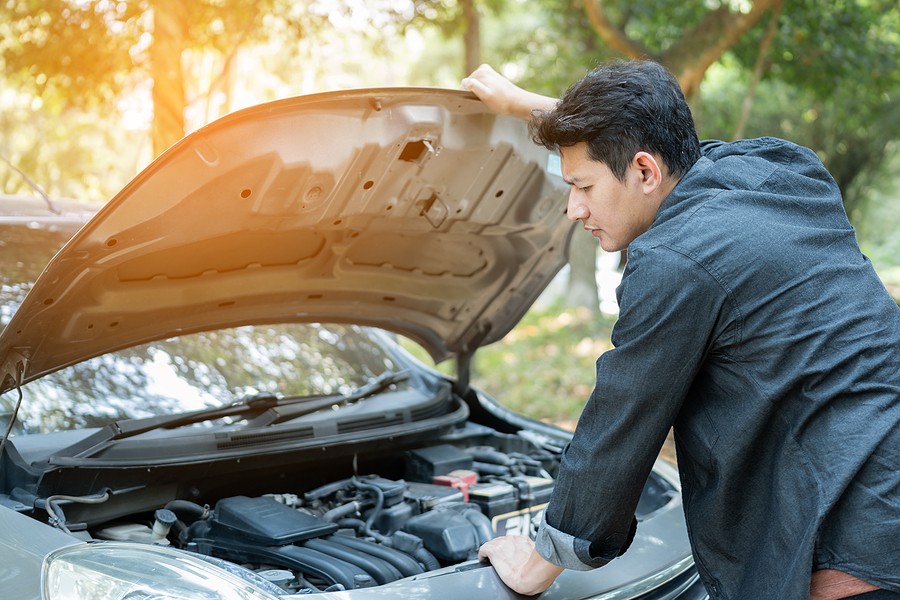
#4 The check engine light coming on
One of the most obvious signs of something wrong with your car's engine is when the “check engine” light comes on while you are driving down the road. This can happen for several reasons, including problems with oxygen sensors, catalytic converters, or mass airflow.
Fix: You can usually resolve these issues by taking your car to a mechanic and running the engine diagnostic check. This will give you more information on what is causing the “check engine” light to come on in your car.
Repair costs: $100 to $300
#5 A loud sound when idling or accelerating
Every car with an internal combustion engine will make some noise, but if you hear any abnormal noises coming from the engine while it's running, that could indicate problems.
You should listen carefully for anything unusual when your ignition is turned on; this includes weird sounds like rattles or knocks when accelerating or idling. If you notice anything strange, take your car to a mechanic as soon as possible.
Fix: If you hear a loud sound coming from the engine, a mechanic will try and determine what is causing the rattle or knock. In most cases, it's something simple that can be fixed without too many issues, but if there are serious problems, it could lead to more costly repairs down the road.
Repair costs: $100 to $300
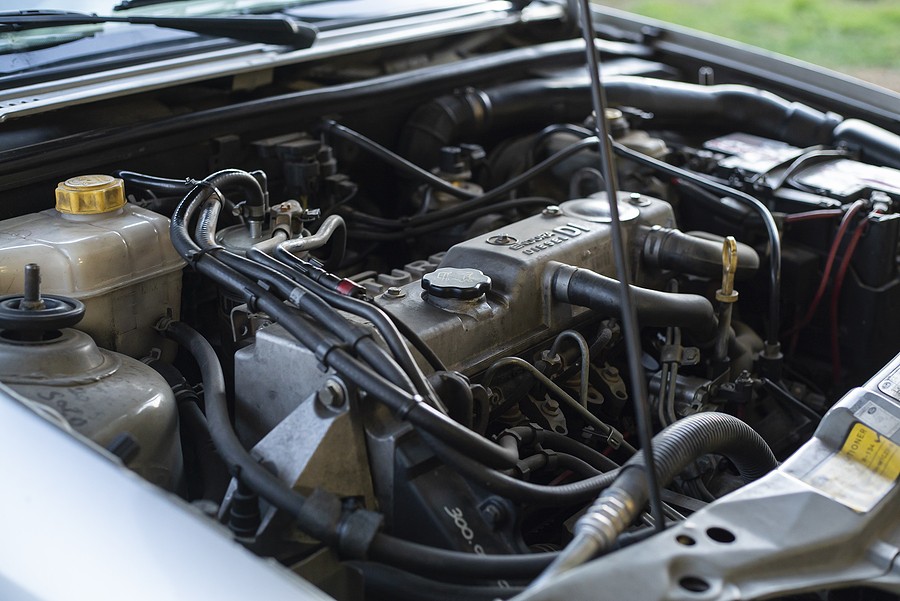
#6 The check engine light coming on after having work done on your car
Even though it may appear like the “check engine” light has turned off once you hit the road again after having some work or service done on your car, this doesn't necessarily mean that all problems have been resolved. You should always have the mechanic who worked on your car turn the “check engine” light off before leaving.
Fix: It is important to make sure this service is done because if it isn't and the “check engine” light comes back on again in the future, it could indicate that there are still problems with your car's engine or drivetrain. Repairing these issues in advance can prevent sudden breakdowns when you least expect them.
Repair costs: $100 to $300
#7 Difficulties accelerating, changing gears, or climbing hills
If you begin to notice any difficulties when trying to accelerate quickly or get up a hill, take note of what's happening and get your car looked at by a mechanic as soon as possible.
It's also a very good idea to have your transmission fluids checked periodically because an issue with these types of liquids could lead to bigger problems for you down the road.
Fix: If you have any difficulties accelerating or climbing hills, it could mean major problems with your car's engine. But if malfunctions in the transmission accompany this, there may be issues related to that that needs to be repaired immediately.
Repair costs: $1,000 to $5,000
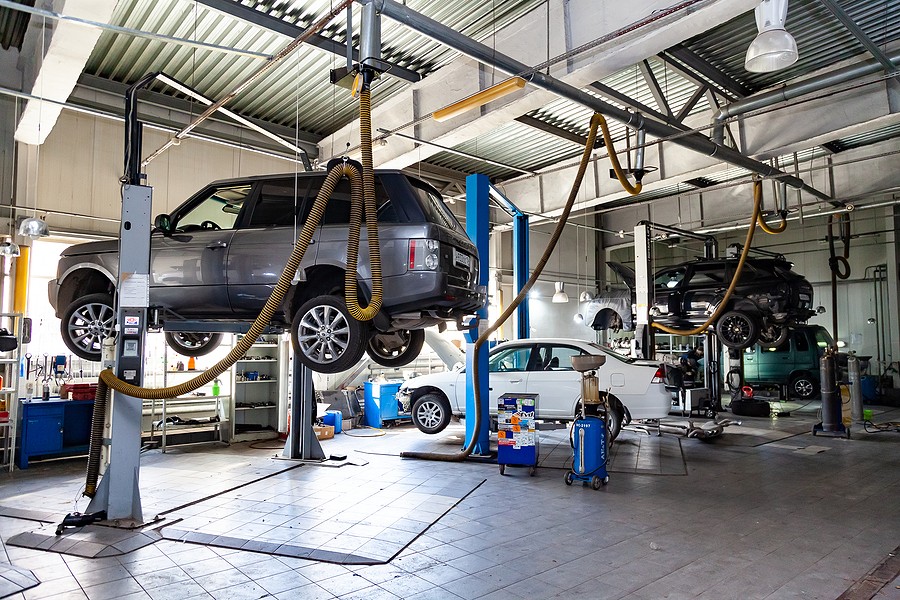
#8 Engine overheating
When your engine overheats, it can cause serious damage – if not now, then at some point down the road. Car engines run best when they are kept between normal temperatures, and if they get too hot for too long, it can cause damage to the engine's pistons and cylinders.
Fix: If you notice that your car is overheating or seems to be running hotter than usual, get it checked out by a mechanic as soon as possible. Repairs could include draining the coolant and replacing it with new fluid, removing dirt from the vehicle's radiator, adding an anti-freeze product, repairing cracks in cylinder heads, and more.
Repair costs: $1,000 to $3,000
#9 Poor fuel economy
Your car should always give you some indication when there is not enough gasoline coming through the fuel line for your engine. It might run fine at first, but it will begin to sputter and slow down until it eventually stops altogether.
Fix: If you notice any problems with your car's fuel economy, get a mechanic involved as soon as possible because there could be a problem with its engine that's causing these issues. It might also be a good idea to keep the vehicle's gas tank at least half-full when not using it for long periods to avoid any major problems from occurring.
Repairs could include replacing filters, repairing or plugging holes in fuel lines, replacing clogged injectors, draining carbon deposits from cylinders, adjusting timing belts and valves, cleaning intake manifold passages, and more.
Repair costs: $100 to $3,000
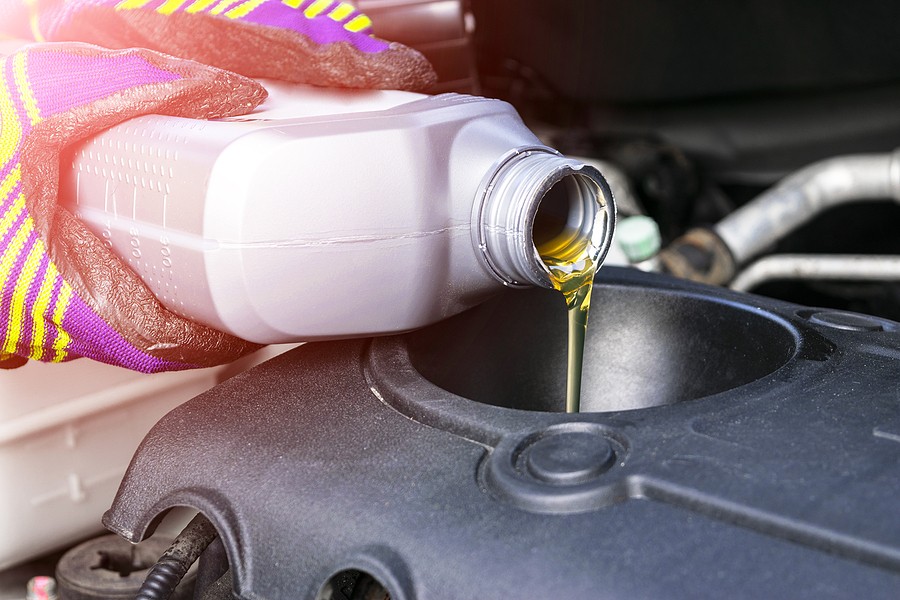
#10 Your car idles roughly
A car that is running well should not be shaking at idle. If you notice any unusual shakiness when your car is in “Park” or “Neutral,” the problem could lie in its engine's cylinders, pistons, valves, or spark plugs.
Fix: Your vehicle's cylinders and pistons are what determine whether your car experiences rough idling. Repairs include replacing damaged, broken, or worn-out piston rings; repairing blown gaskets; cleaning carbon deposits from pistons; replacing cracked cylinder heads; adding lubricants to engine parts to reduce friction between them; adjusting timing belts and valves; changing filters and fluids to avoid clogging up fuel lines in future visits; and more.
Repair costs: $100 to $1,000
Is it worth fixing engine problems?
As you can see, repairing engine problems in advance is the best way to go. If you know how much it will cost to fix issues before they escalate into larger problems, then it's worth having these repairs done for your car.
Deciding on whether to fix or sell your vehicle with engine problems depends on several factors, including:
#1 The type of problems being experienced
The first thing you need to do is identify exactly what kind of problems your car is having. Is it overheating? Are there any unusual rattling or knocking sounds? Does it stall out? These can be signs of serious engine problems that you need to have checked immediately.
Are deciding whether or not to repair your car is based on how bad the problem is and what it would cost to fix it. For example, if your vehicle overheats and you only notice a small amount of steam coming from under the hood, then it might be a good idea to have that problem repaired immediately.
But if you notice a lot of steam and your radiator cap is popping up and down, this could indicate a blown head gasket which would require several thousands of dollars in repairs.
#2 How long you've had your vehicle
If you've had your car for several years, then it's probably worth the money to get its engine problems fixed. However, if you just bought your vehicle, or are still in the process of making payments on it, then it might be better to sell it with these issues rather than paying to repair them.
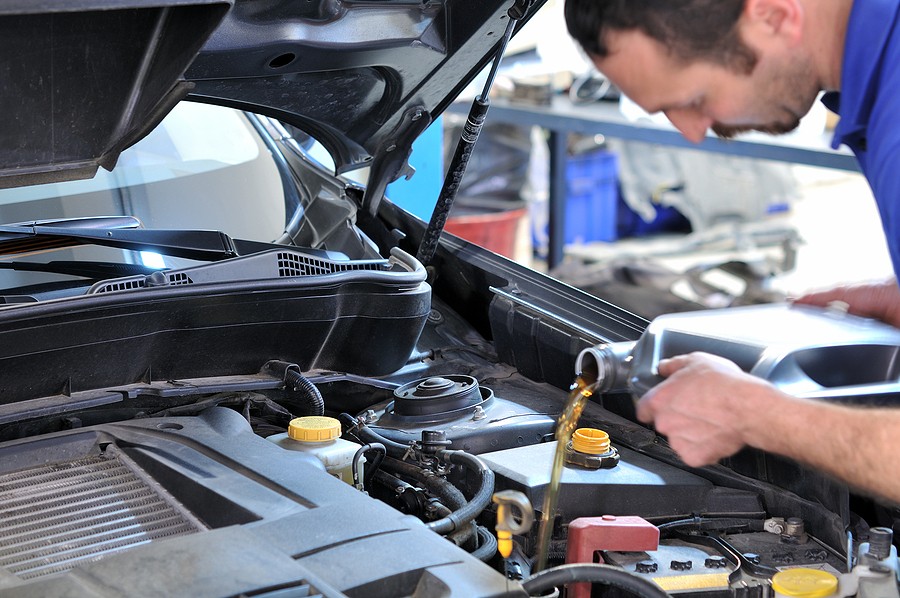
#3 The cost of repairs
You can always sell your car and buy another one with better gas mileage, or that will give you fewer problems down the line.
It's also a good idea to research how much it will cost to repair those engine issues and any other potential problems. This way, you won't be caught off guard when the mechanic tells you how much all of these repairs will cost.
You can also get a better price when you sell your car if it's running well, without any major problems that need to be fixed right away. There are plenty of buyers who want a vehicle that runs smoothly and quietly, without warning signs of engine trouble.
In some cases, the cost of repairs might even add up to more than the value of your car, so it's worth fixing engine problems if you want to get the best price possible.
#4 The overall condition of your car
You can usually (but not always) tell if engine problems are severe enough to require immediate attention by looking at how well your vehicle is running in general. For example, is there a noticeable lack of power when you accelerate?
Do your brakes seem to be working properly? Is there any unusual shaking or shimmying during the drive? These are all warning signs that it might be time to have your car checked out.
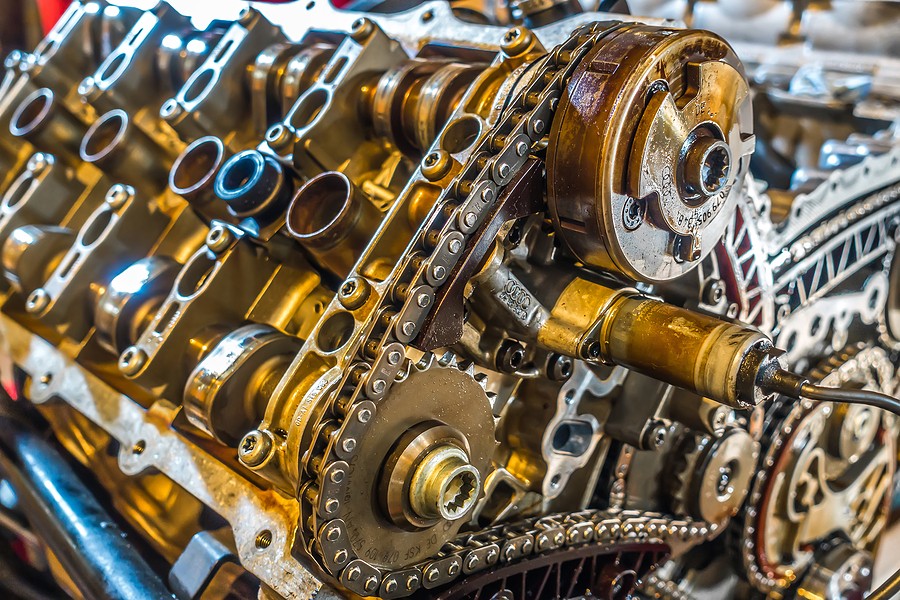
#5 Your current financial situation
If you can barely afford to support yourself, let alone a vehicle that needs thousands of dollars in repairs, then you probably won't be able to get these engine issues fixed right away. Of course, you can try and sell your car for parts and get a loan for the remaining value, but that might not always work depending on your credit score and overall financial situation.
Conclusion
All in all, it's important to be aware of the signs of engine trouble and to take your car in for a check-up as soon as possible if you think something might be wrong.
By getting repairs done in advance, you can avoid more costly and extensive issues down the road. Of course, selling your car with engine problems is always an option, but you'll likely get a lower price than if the vehicle was running well.
So, if you can afford it, it's usually best to fix engine problems as soon as they're identified.

